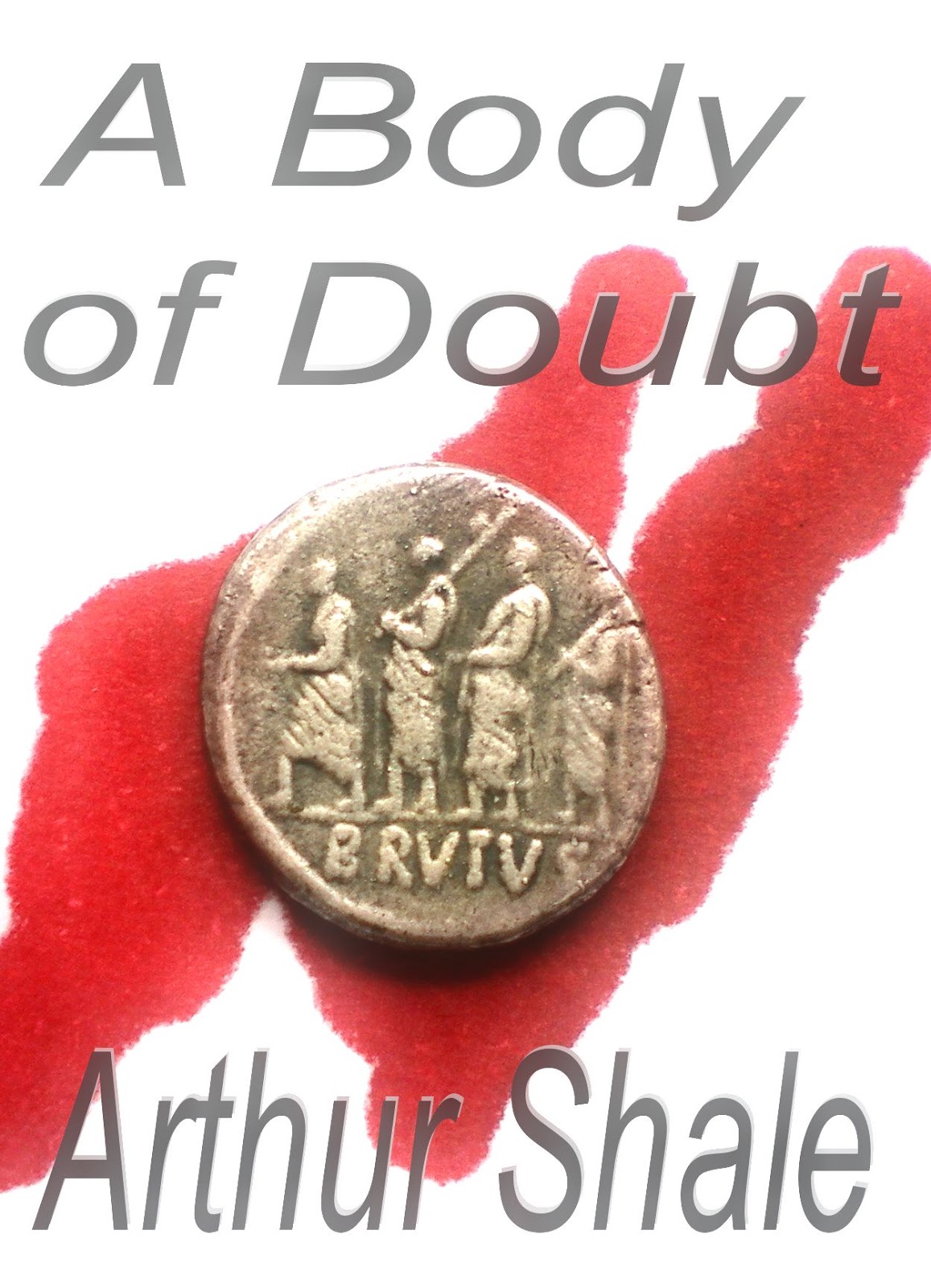Of course, one thing the Greeks and Romans found after the arrival of sugar cane was the arrival of lots of cavities. Roman cemeteries can often reveal those who could afford sugary desserts - the middle class and wealthy with bad teeth - and those who couldn't...I guess that was one good thing about being poor. But like everything in the Roman economy, treating tooth decay was a matter of supply and demand - once there was a demand for dentistry, along came the medical solutions. Just like today, Romans frequently used tooth powders and tooth pastes - these gritty chalks were usually applied with the fingers rather than brushes and often contained flavourings to freshen the breath - that's right, that minty freshness began a long time before Colgate. For those who found the tooth powders coming up short, urine was actually suggested as a mouth wash - yeah, I know, but at the time boiled urine was a common whitening agent so it shouldn't be a surprise - still, so much for the minty freshness on that one.
 |
| A 20th-century copy of Roman bridgework from the Science Museum London |
However once things got bad - as if rinsing with pee wasn't - Romans could visit their barbers for a tooth polish or tooth pulling, deadened with local anaesthetics made from cloves or chrysanthemum roots - the latter could also soften the gums to make extraction easier...overzealous application would mean more than one tooth fell out. Fortunately for those who'd lost their winning smile at the barber, they could then have customised bridges and crowns made for them. Gold dental bridges had actually been invented by the Etruscans by 500BC, but the Romans took dental prostheses to a whole new level, using artificial teeth made from ivory, bone and boxwood, not to mention recycling their own choppers or the occasional dog or pig tooth - no doubt depending on the customer's budget. Rows of false teeth were more or less permanently wired into the mouth with gold filaments, and remain a common find in Roman graves. In fact by 450BC, the Romans had enshrined in law that a citizen could be buried with the their permanently wired teeth - although any removable gold bridgework was to be recovered for recycling.
Check out the novel 'Vagabond' on Amazon - a runaway priestess in Gaul

Check out my latest novel 'A Body of Doubt' - the ultimate Roman crime-thriller - now on Amazon


Well certainly answers my question on Roman oral hygiene and dentistry. :-) Thank God we have Listerine these days though!
ReplyDelete